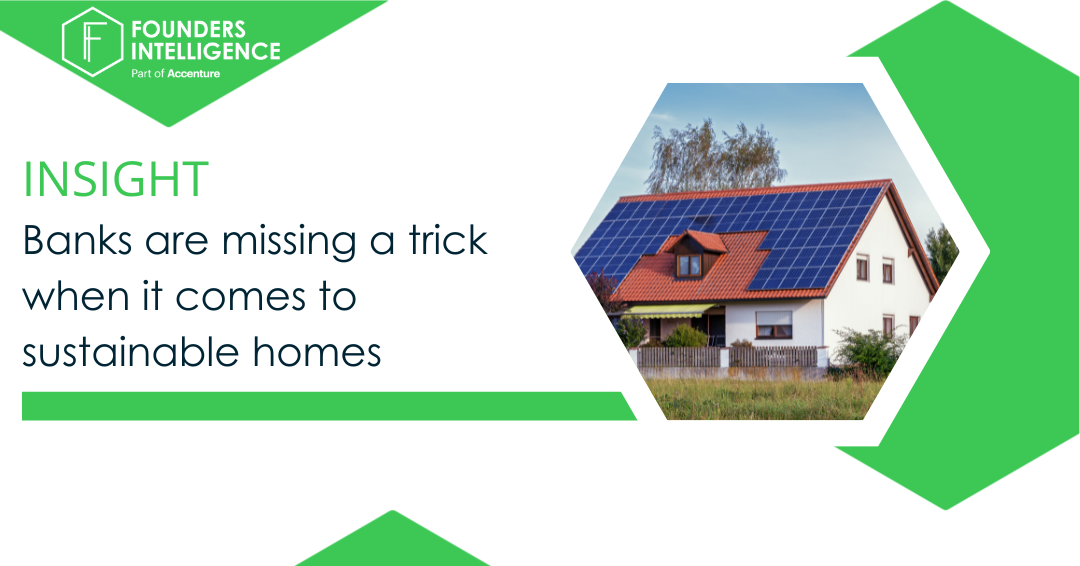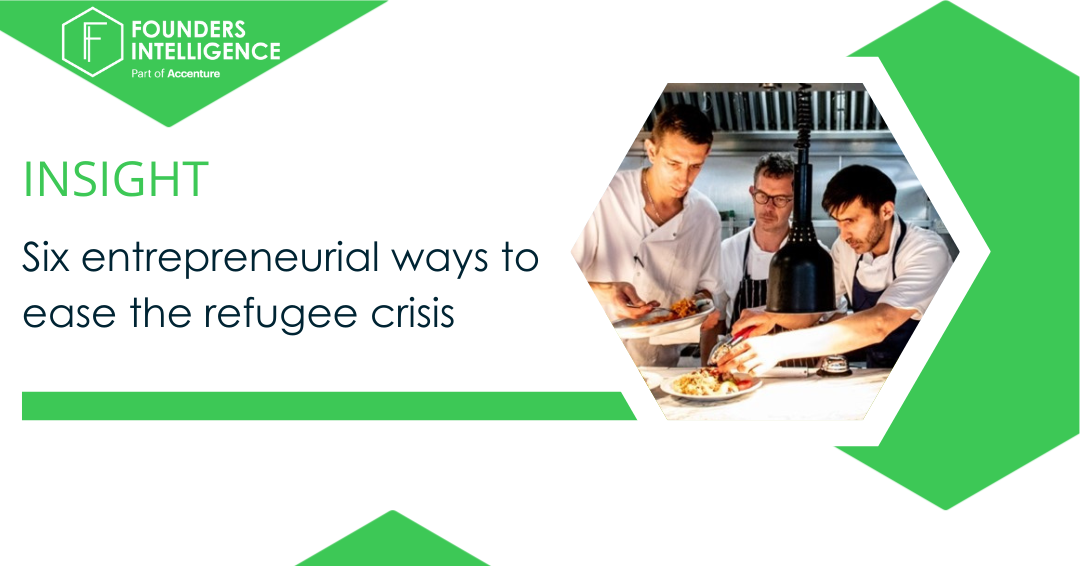How corporate leaders are thinking about resilience through the crisis
At Founders Intelligence, we help business leaders reinvent their industries by tapping into insights from the tech and venture world.
Below are our key takeaways from the ‘Resilience of Tech: Leadership’ series of discussions as part of London Tech Week.
Laura Citron (CEO, London & Partners) spoke to Roger Lynch (CEO, Conde Naste) about his experience as a leader through this crisis.
Our very own Rob Chapman (CEO, Founders Intelligence) went on to host a panel featuring Gori Yahaya (CEO & Founder, UpSkill Digital), Flick March (Security & Resilience Director, IBM), Adrian Criddle (VP & GM, Intel), and Caroline Plumb (CEO, Fluidly).
The Rt Hon Oliver Dowden CBE MP (Secretary of State for Digital, Culture, Media & Sport) opened the session.
Winners in the ‘Next Normal’ will be those who build agility into their organisational muscle
- At Intel, Adrian Criddle refers to the ‘Next Normal’ rather than the ‘New Normal’. Why? Speculation aside, we know very little about what to expect aside from more change, more quickly. In this new world, agility becomes the superpower that separates the winners from the losers. To get there, companies are reflecting hard on lessons learnt from the past 3 months and purposefully rebuilding many of their legacy processes.
- We all recognise the astounding agility that large corporations have shown over the past 3 months; these moves surprised everyone — including themselves. Gori Yahaya is hopeful that many will have gained confidence from the broad success of these initial responses, enabling faster, bolder and more innovative moves in the future.
- Some terrific examples from the panel’s companies: Vogue launched Virtual Proms for high schoolers to celebrate and dance from their living rooms (Vogue typically run >750 physical events a year); Fluidly built a new crisis scenario planner helping their customers to better predict cash flow.
Beyond business and tech resilience, human resilience has been the thrive vs. survive differentiator
- Human resilience is driven by company values and culture carriers. Successful strategies focus on transparency, over-communication and continued investment. Adrian Criddle spoke of the hundreds of 1:1s helping him connect on a personal level with his team at Intel.
- Flick March stressed the true fragility of individuals and work forces. This has been exposed in organisations where video fatigue and WFH mental health issues have not been managed so well: lacking energy to respond to the rapidly changing environment and customer needs, these companies are struggling.
D&I initiatives are failing black people. We must call it as out as racism and invest in change
- Flick March believes that the breadth of corporate D&I programmes is too often to their detriment. Reporting across so many levels, important signals are lost or ignored.
- When it comes to solutions, Gori Nahaya stressed the need to look at the hiring process. When we are rushed, we resort to those we are familiar with. In order to build diverse teams, you need to invest in programmes that minimise hiring biases and take the time to reconsider the platforms and networks you use. To be successful in this, you need to do the hard thing and extend timelines.
Human resilience will be a critical element for the foreseeable future, pandemic or no. We’re thrilled to have participated in these conversations with some of the leaders proactively thinking about these topics. Huge thanks to the panel and London Tech Week.


